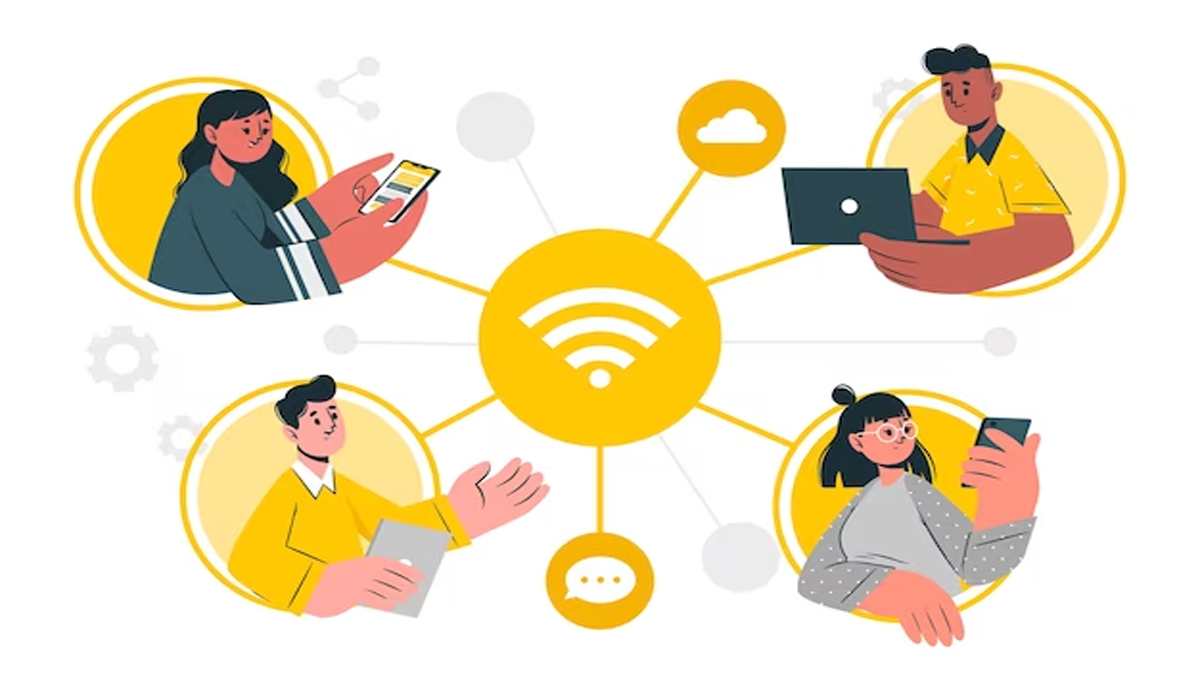The liability of ISPs for copyright infringement depends on various legal frameworks, such as the Digital Millennium Copyright Act (DMCA) in the United States and the European Union’s E-Commerce Directive. While the specifics may vary across jurisdictions, I’ll provide a general overview of the key principles.
- Safe Harbor Provisions:
Many countries, including the United States and the European Union, have enacted legislation that grants certain immunities to ISPs under specific circumstances. These provisions are often referred to as “safe harbor” provisions. They aim to strike a balance between protecting copyright holders’ rights and promoting the growth of the internet. The safe harbor provisions generally shield ISPs from direct liability for copyright infringement committed by their users. - Knowledge Requirement:
To qualify for safe harbor protection, ISPs are typically required to satisfy certain conditions. One common condition is the “knowledge requirement,” which means that ISPs must not have actual knowledge of the infringing activity or be aware of facts or circumstances that indicate such activity. Additionally, they must not receive a financial benefit directly attributable to the infringing activity. - Notice-and-Takedown System:
ISPs are often required to implement a notice-and-takedown system to promptly address copyright infringement claims. This system allows copyright holders to notify the ISP of infringing content hosted on their platforms. Upon receiving a valid notice, the ISP must expeditiously remove or disable access to the allegedly infringing material. This process provides a mechanism for copyright holders to protect their rights while placing the burden of enforcement on the ISPs. - Repeat Infringer Policy:
ISPs are expected to adopt and implement a repeat infringer policy to address users who engage in repeated copyright infringement. This policy typically involves terminating the accounts or taking other appropriate actions against such users. By actively addressing repeat infringers, ISPs can demonstrate their commitment to combating copyright infringement and enhance their eligibility for safe harbor protection. - Co-operation and Monitoring:
While safe harbor provisions grant ISPs immunity from direct liability, they often require them to cooperate with copyright holders in combating infringement. ISPs may be required to respond to infringement-related requests, provide information about alleged infringers, or take proactive steps to deter copyright infringement on their platforms. However, there is a delicate balance between cooperation and preventing excessive monitoring, as ISPs should not be unduly burdened with monitoring all user activity.
It’s important to note that the specifics of ISP liability for online copyright infringement can vary significantly across jurisdictions. For example, some countries may have stricter liability standards, while others may have different legal frameworks altogether. Therefore, it’s crucial to consult the laws and regulations applicable in a particular jurisdiction to fully understand the ISP liability landscape for copyright infringement.
